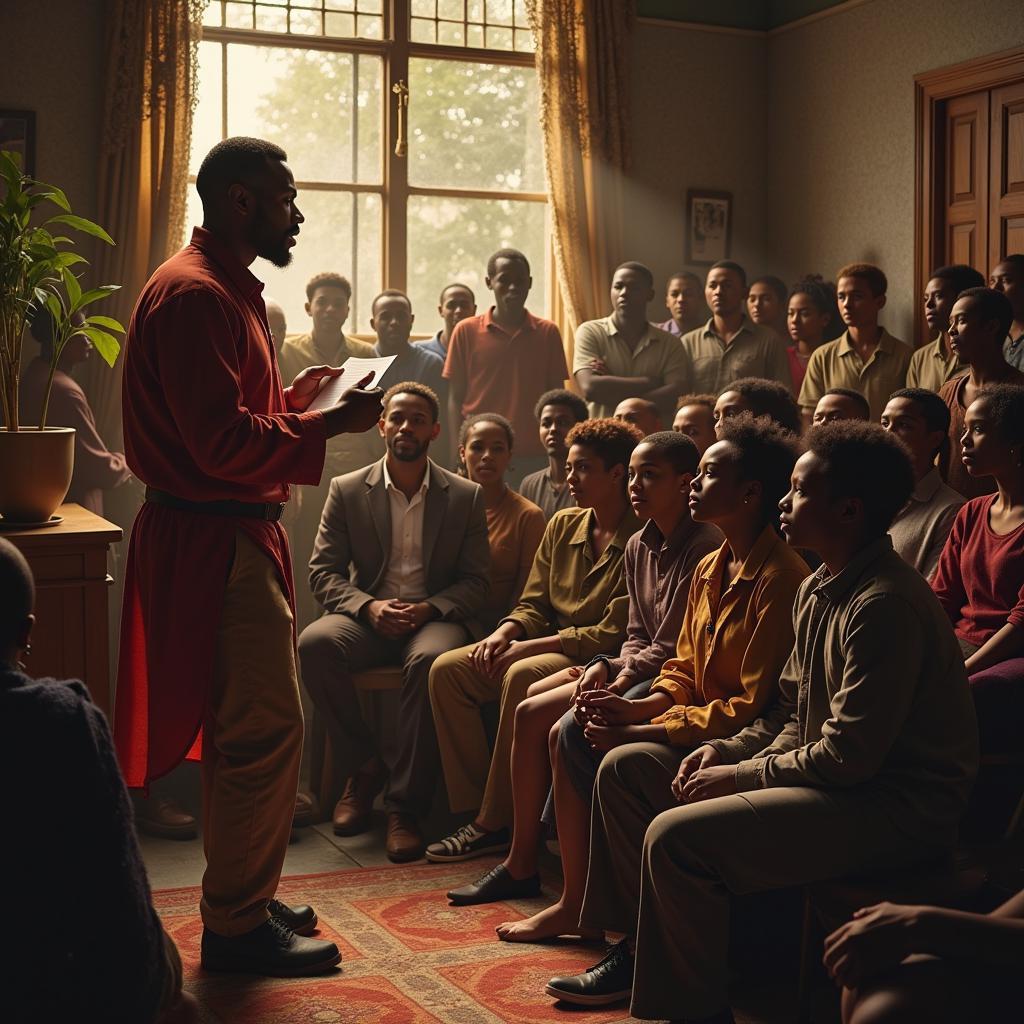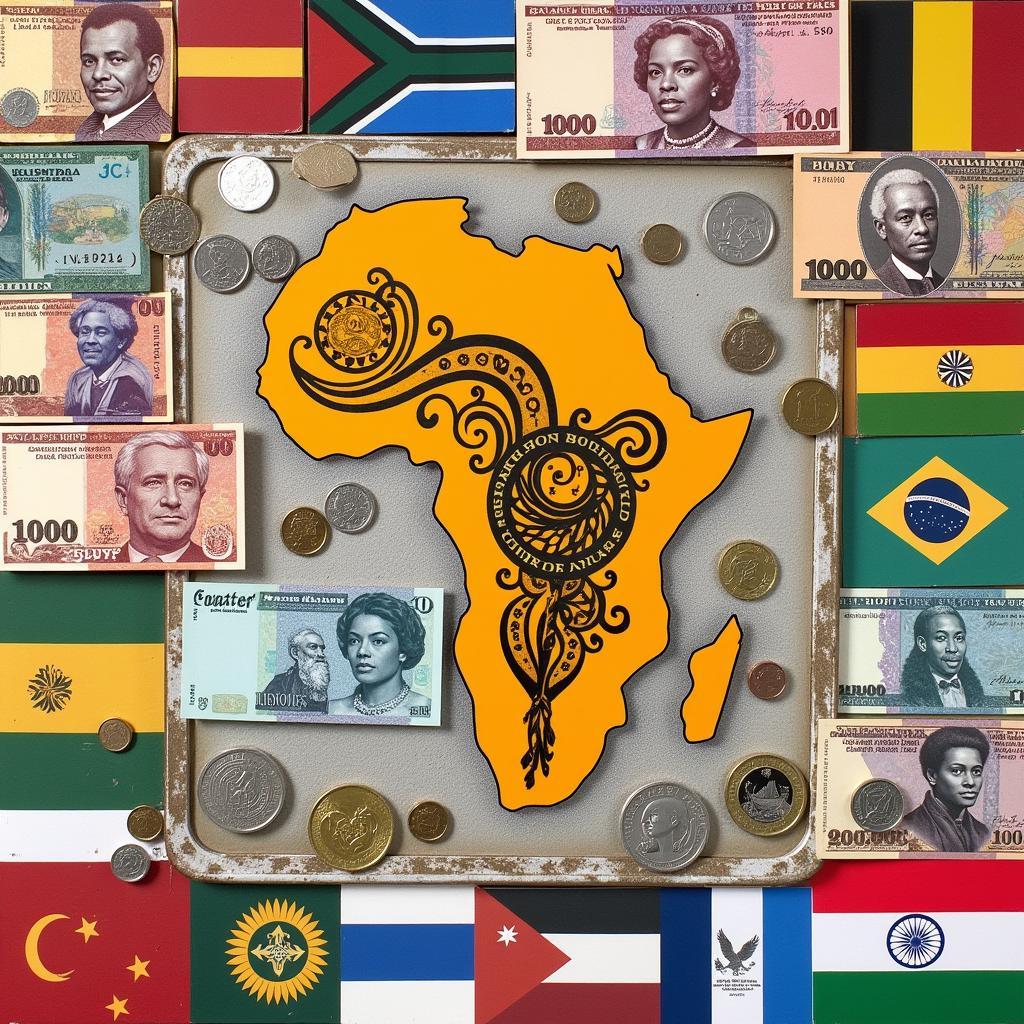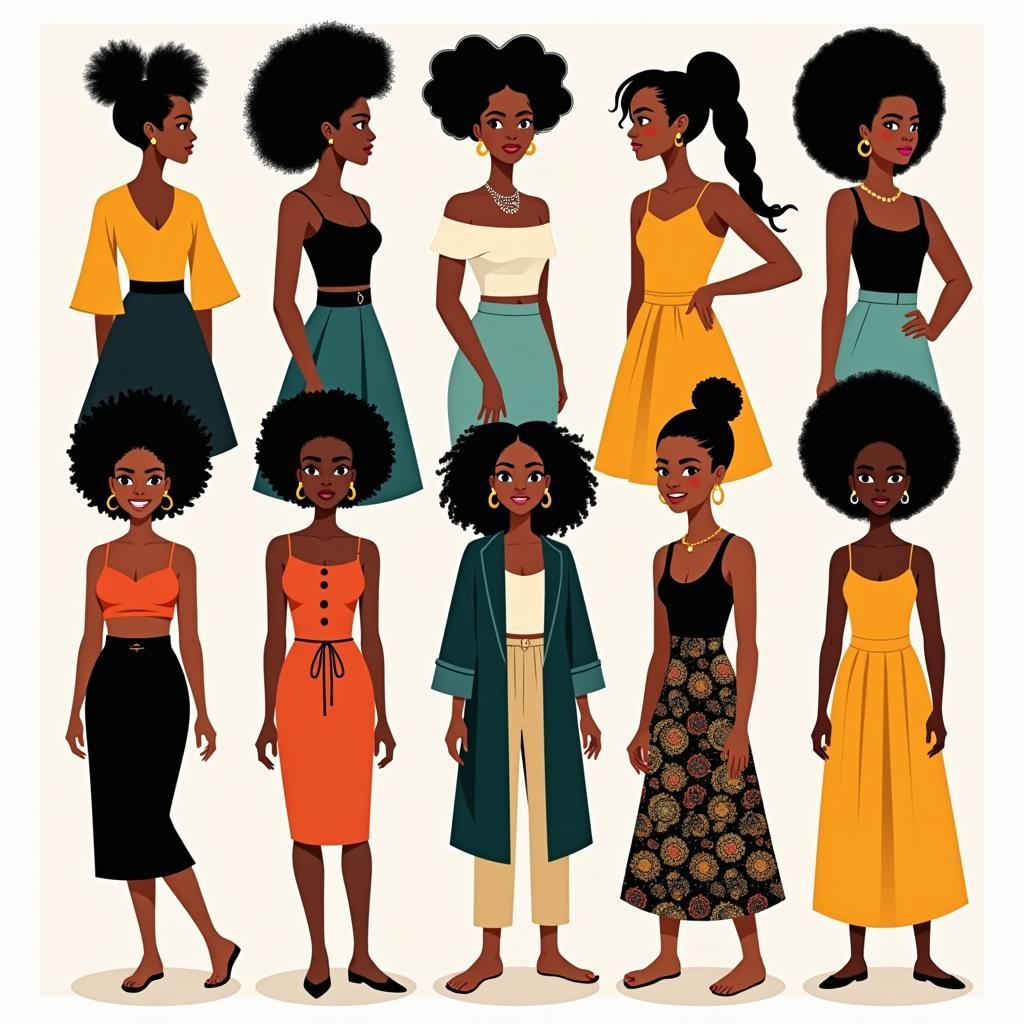A Deep Dive into African Literature
African literature, a vibrant tapestry of storytelling, offers a profound exploration of the human experience through the lens of the continent’s diverse cultures, histories, and perspectives. From oral traditions passed down through generations to contemporary novels that grace international bestseller lists, African literature provides a captivating window into the soul of a continent.
The Rich Tapestry of African Storytelling
For centuries before colonization, African societies thrived on oral literature. Griots, the esteemed storytellers, held a revered position, weaving tales that preserved history, imparted wisdom, and entertained. These oral narratives, often accompanied by music and dance, became the bedrock of African literary traditions.
The Impact of Colonization
The arrival of European colonizers in Africa during the 19th century brought with it a new wave of literary expression. Writers began to grapple with the complexities of colonialism, exploring themes of identity, resistance, and the clash of cultures. This period saw the emergence of early African writers who dared to challenge colonial narratives.
The Rise of Modern African Literature
The mid-20th century marked a pivotal moment for African literature. As nations across the continent gained independence, a new generation of writers emerged, eager to give voice to their newfound freedom and explore the challenges of nation-building. This era witnessed a flourishing of literary talent, with writers like Chinua Achebe, Wole Soyinka, and Ngũgĩ wa Thiong’o gaining international acclaim.
Exploring Themes of Identity and Belonging
A recurring theme in African literature is the exploration of identity. Writers delve into the complexities of navigating multiple cultural influences, the legacies of colonialism, and the search for belonging in a rapidly changing world. african american literature writers provide unique perspectives on the African diaspora and their experiences in different parts of the world.
Celebrating African Languages in Literature
The language of African literature is as diverse as the continent itself. While many writers choose to write in European languages, such as English, French, and Portuguese, there is a growing movement to reclaim and celebrate African languages in literature. Ngũgĩ wa Thiong’o, a prominent advocate for this cause, argues that writing in indigenous languages is essential for preserving cultural heritage and empowering local communities.
The Enduring Power of African Literature
African literature continues to captivate readers worldwide with its powerful storytelling, thought-provoking themes, and unique perspectives. From the poignant novels of Chimamanda Ngozi Adichie to the captivating poetry of Warsan Shire, contemporary African writers are pushing the boundaries of literary expression and offering fresh insights into the human condition.
Why Read African Literature?
There are countless reasons to delve into the world of African literature:
- Gain new perspectives: African literature offers a unique lens through which to view the world, challenging preconceived notions and fostering cross-cultural understanding.
- Experience the power of storytelling: African writers are renowned for their captivating storytelling abilities, drawing readers into rich and immersive narratives.
- Explore important themes: From identity and belonging to social justice and political change, African literature grapples with some of the most pressing issues of our time.
Conclusion
African literature, with its rich history, diverse voices, and enduring power, offers a captivating journey for readers of all backgrounds. Whether exploring the ancient wisdom of oral traditions or engaging with the contemporary perspectives of modern writers, immersing oneself in African literature is an enriching and rewarding experience. So, why not pick up a book today and embark on a literary adventure across the African continent?
FAQs about African Literature
1. What are some must-read classics of African literature?
Some acclaimed classics include Things Fall Apart by Chinua Achebe, Nervous Conditions by Tsitsi Dangarembga, and Half of a Yellow Sun by Chimamanda Ngozi Adichie. 100 african books can provide you with a more extensive list.
2. What is the significance of oral tradition in African literature?
Oral tradition forms the bedrock of African literature, preserving history, culture, and values through generations. It continues to influence contemporary writers and provides a unique perspective on storytelling.
3. What are some common themes explored in African literature?
Common themes include colonialism and its legacies, identity and belonging, cultural clashes, political corruption, social justice, and the resilience of the human spirit.
4. How has African literature evolved over time?
From oral traditions to colonial encounters and the rise of modern nation-states, African literature has constantly evolved, reflecting the changing socio-political landscape and giving voice to diverse perspectives.
5. What is the global impact of African literature?
African literature has gained significant global recognition, challenging stereotypes, fostering cross-cultural understanding, and enriching the world’s literary landscape.
Need more insights into African Literature? Explore these related articles:
Do you have more questions about African Literature? Get in touch!
Contact us at:
Phone: +255768904061
Email: kaka.mag@gmail.com
Address: Mbarali DC Mawindi, Kangaga, Tanzania.
Our dedicated customer support team is available 24/7 to assist you.



